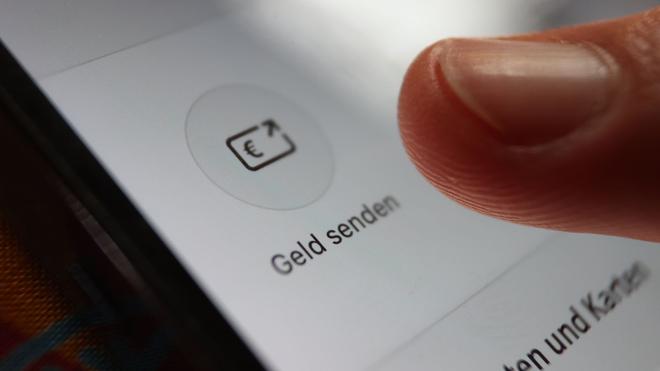The European banking establishment has a new favorite buzzword: “digital sovereignty.” And their shiny new toy to achieve it? Wero, the payment solution that’s supposed to liberate us from the tyranny of American tech giants. But as someone who’s navigated the quirks of German banking long enough to know that “efficiency” usually means “three forms and two weeks later”, I’m skeptical.

The Grand European Dream
Let’s be clear about what Wero is supposed to be: a pan-European payment system that lets you send money instantly using just a phone number or email, no IBAN required. It’s the brainchild of the European Payment Initiative (EPI), a consortium of major European banks including Germany’s Sparkassen, Volksbanken, Deutsche Bank, and Postbank.
The pitch is compelling. Stefan Proßer, VP of the Bavarian Sparkassen Association, is pushing the “European patriotism” angle hard. As he puts it: “Independent and sovereign would be my keywords here.” The message is clear: tired of PayPal and Visa dominating digital payments? Here’s homegrown alternative.
And the cost savings sound impressive – Wero claims to be 75-80% cheaper than credit cards or other payment providers. With 43 million users across Europe (1.3 million in Germany), they’re not starting from scratch.
The Reality Check
But here’s where things get messy. According to a recent Verivox survey from August, most Germans still haven’t even heard of Wero. That’s a massive awareness gap for a service that’s supposed to revolutionize online payments this autumn.

And the user experience? Let’s just say it’s got some German characteristics. One user pointed out that you can’t send money to people not in your phone book. “Perfect for Kleinanzeigen”, they noted sarcastically. “First you have to ask for their phone number at the door.” This isn’t exactly frictionless commerce.
The bigger elephant in the room is buyer protection. When PayPal entered the market, they offered something revolutionary: protection if your online purchase went wrong. Wero users are already asking for similar protection. As one user put it: “If Wero wants to be a serious alternative to PayPal, buyer protection is mandatory.”
The Technical Hurdles
Wero’s rollout strategy reveals its banking DNA. You activate it within your existing banking app (like the Sparkasse app), which sounds convenient until you remember how German banking apps work.

The service has some limitations that feel distinctly old-fashioned. You can only link one phone number to bank accounts across different banks. And while Wero claims to be “bank-independent”, it’s deeply tied to the participating banks’ infrastructure.
The Competition is Fierce
Here’s the reality: Wero isn’t entering an empty field. PayPal has been around for decades, Apple Pay and Google Pay are gaining ground, and services like Klarna have carved out buy-now-pay-later niches. Even within Germany, services like Giropay and Sofort have been handling online bank transfers for years.
The timing is also interesting. Wero’s online launch is planned for autumn 2025, with in-store payments coming in 2026 or 2027. Meanwhile, the European Central Bank’s digital Euro project is facing delays, creating an opening for private solutions like Wero.
What This Means for You in Germany
If you’re living in Germany, Wero’s expansion matters. The promise of cheaper online payments is real, and the idea of keeping your money within European infrastructure has appeal after years of data privacy concerns with US tech companies.
But don’t delete your PayPal account just yet. Wero’s success depends entirely on two things: whether online shops actually implement it, and whether they can solve the user experience issues that currently make it feel more like a banking product than a tech solution.
The coming months will be telling. If Wero can deliver on its promise of seamless, cheap online payments with proper buyer protection, it might actually become the PayPal alternative Europe needs. But if it remains another banking initiative that puts institutional needs ahead of user convenience, it’ll join the long list of European tech projects that looked good on paper but failed in practice.
For now, my advice? Keep an eye on it, maybe activate it if your bank offers it (those PAYBACK points are tempting), but don’t expect it to replace your existing payment methods anytime soon. In Germany, even revolutions tend to move at their own methodical pace.



